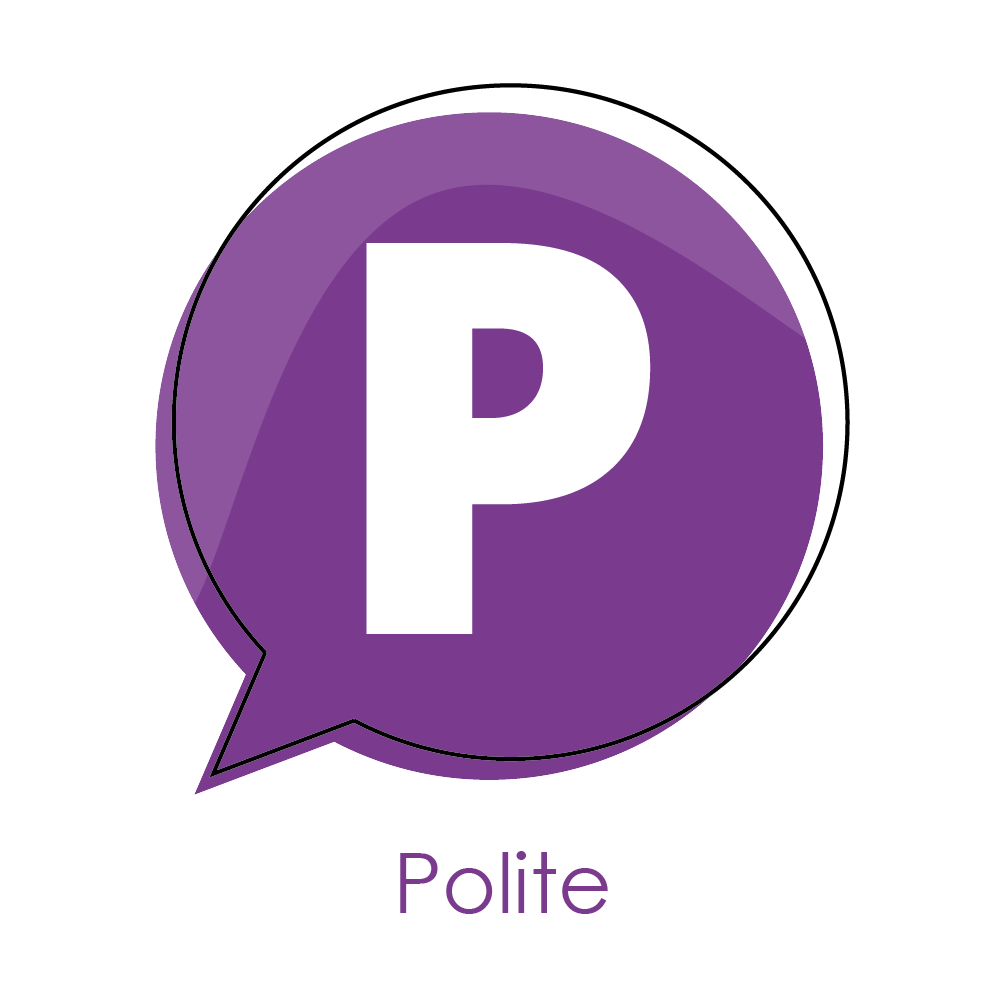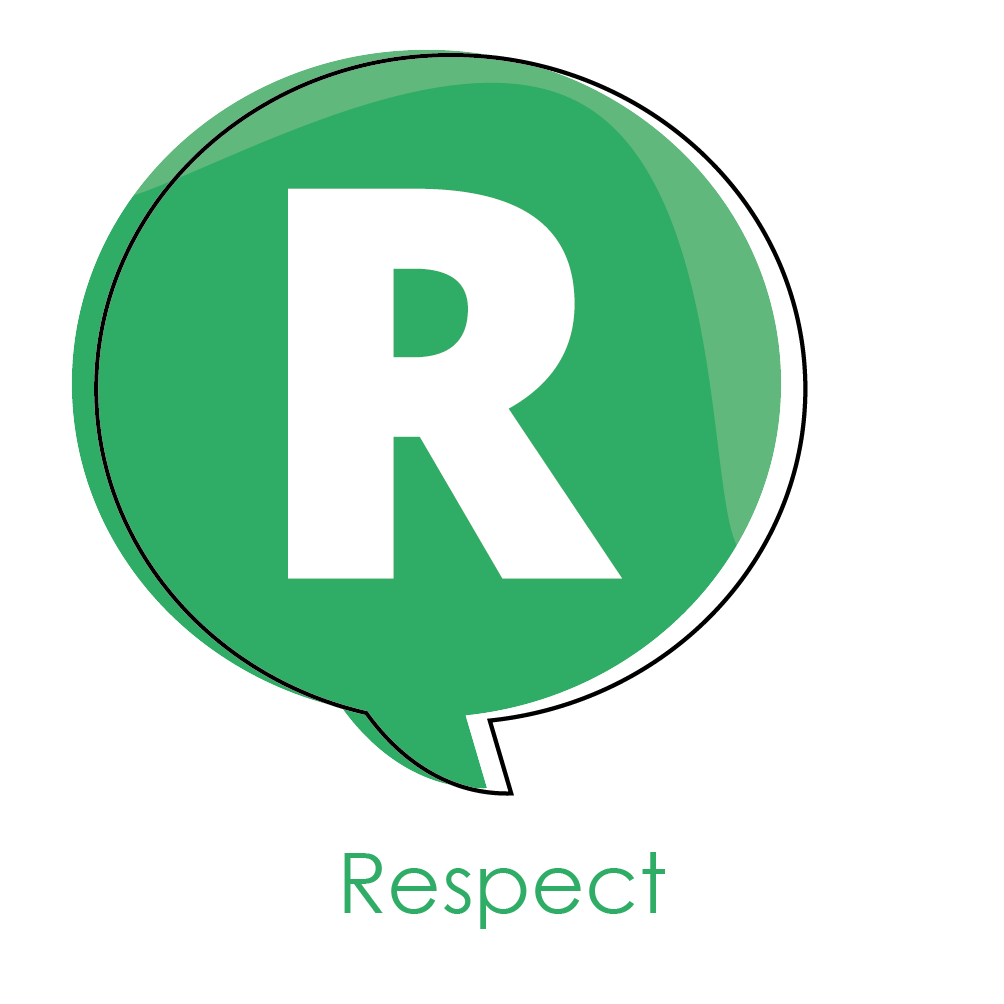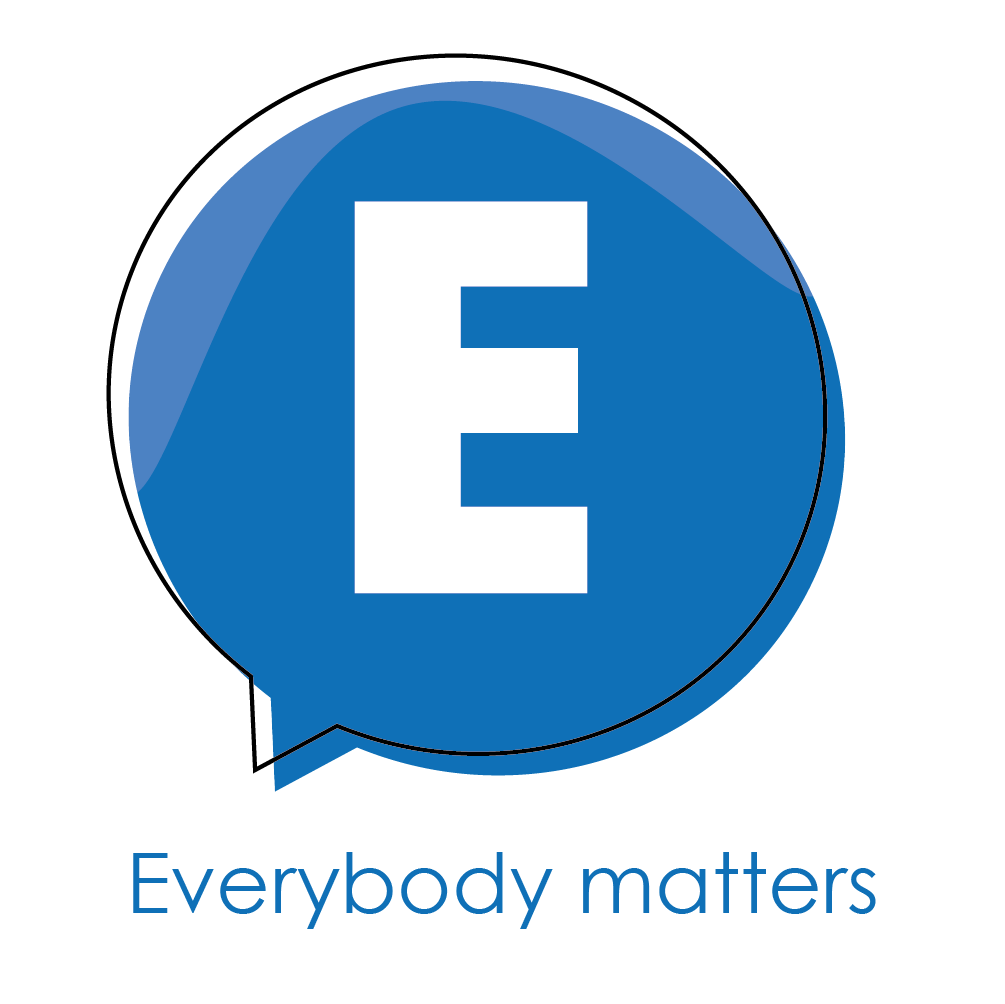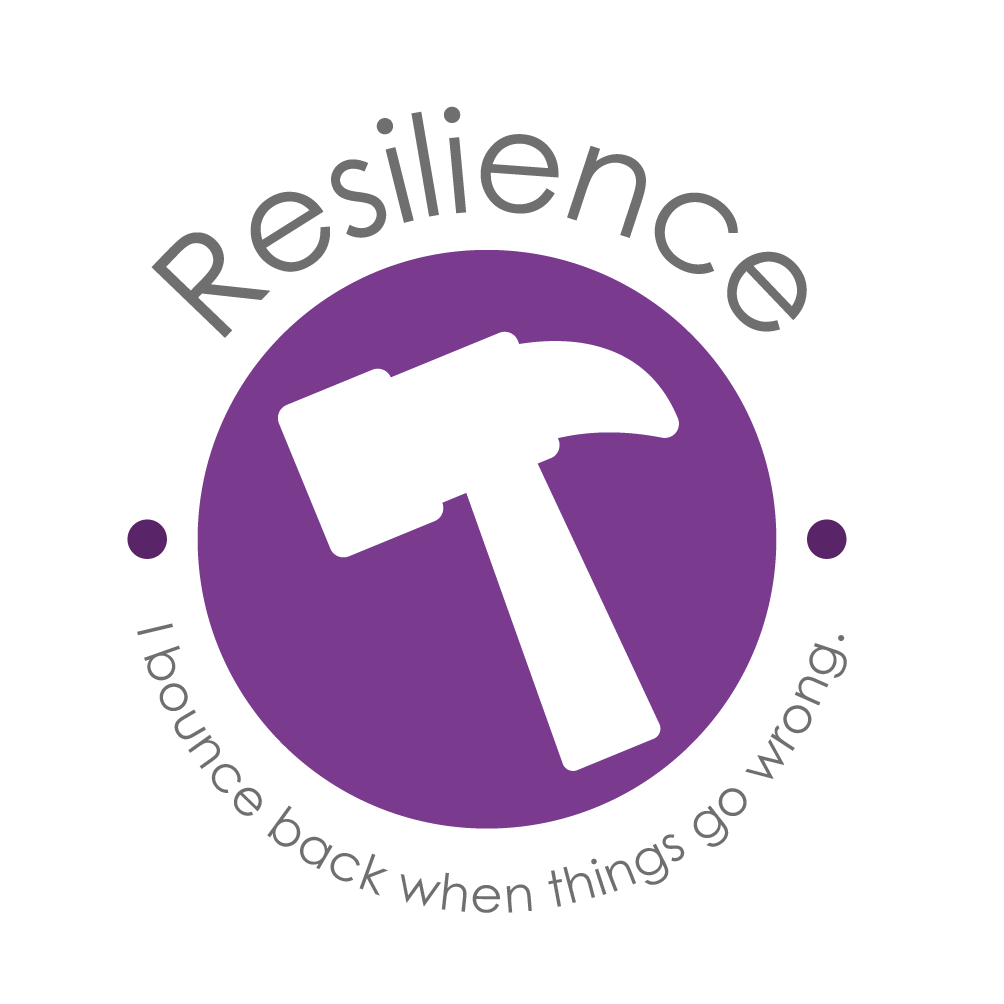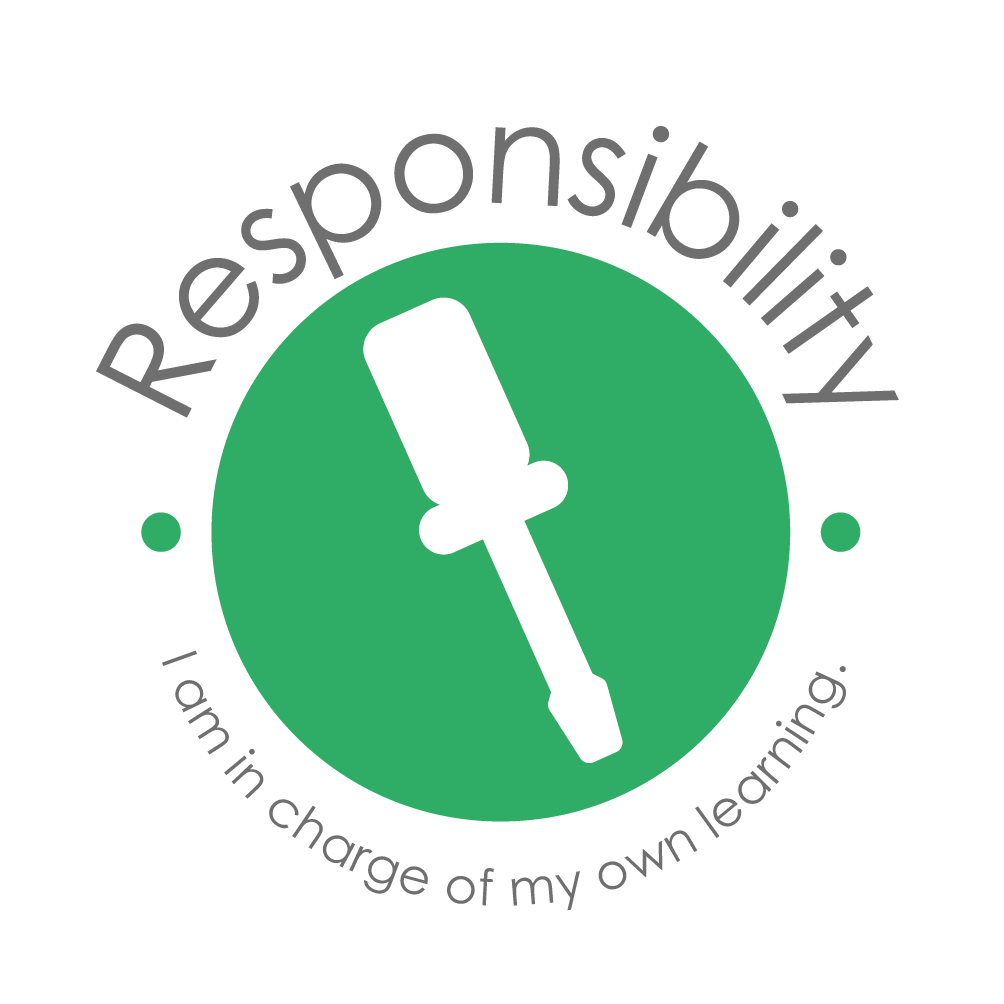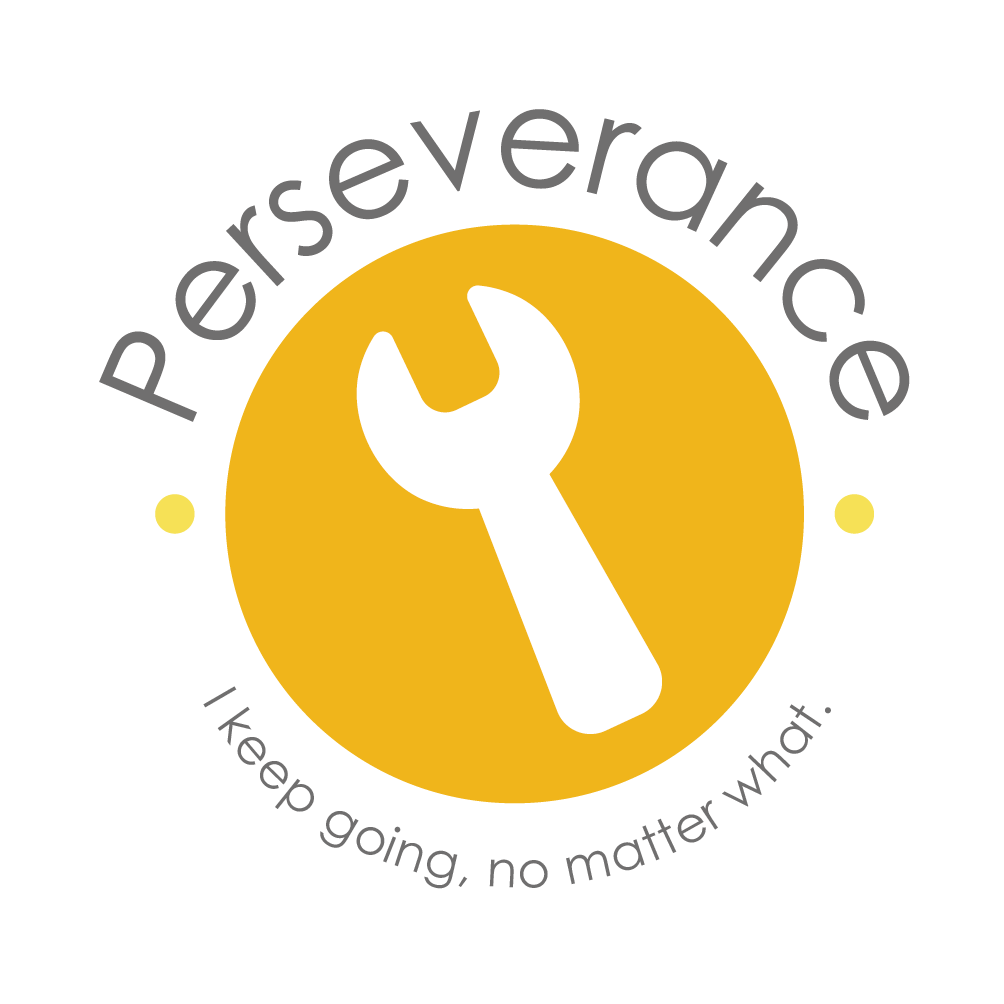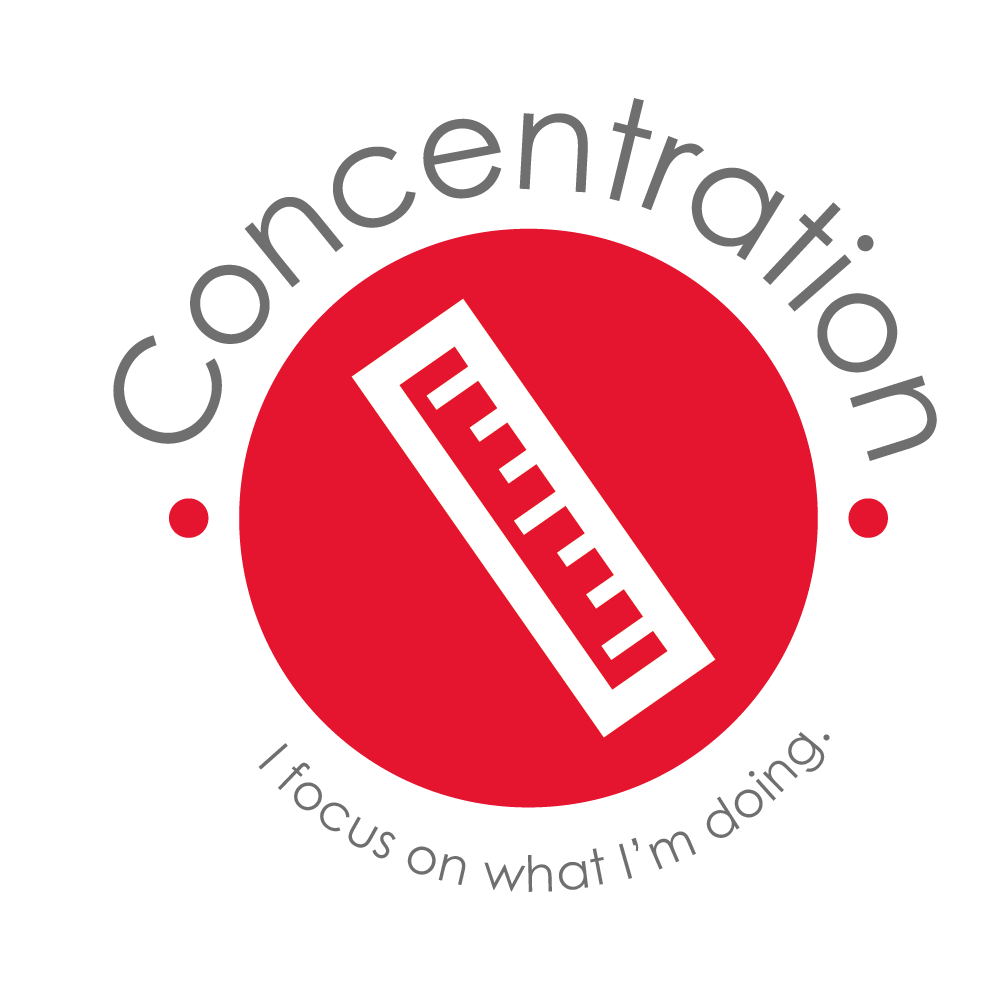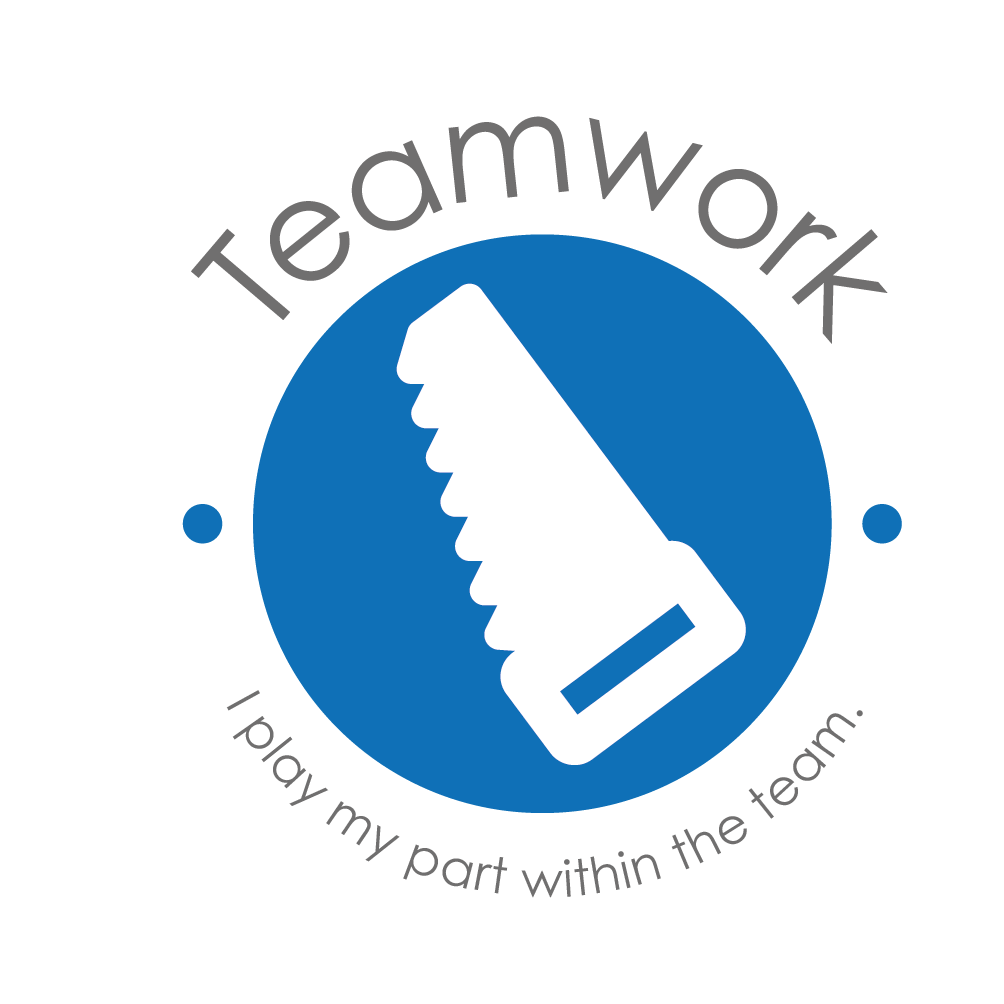Vision and Values
The PRIDE CodeLittle did we know when we created the PRIDE Code in 2007 that it would play such a critical role in the work of the school. Although perhaps simpler and less detailed than what you might find at other schools, our PRIDE Code sums up in five statements what we expect from all members of our community. Most importantly, it is not some dusty relic that sits on a shelf, every child and adult at the school can tell you what the PRIDE Code is and what it looks like in action. We asked the children how they think we show the PRIDE Code at OWPS. To see what they said, please click on the icons below: From the children’s first experience of school, often on the days they visit as a new Foundation Stage pupil, we introduce the children to the PRIDE Code. Conversations about our expectations and when someone has made a poor choice will always come back to the PRIDE Code. We look for examples of the PRIDE Code in action every day and make sure that the children recognise when they are showing it. This recognition extends to our special PRIDE postcards which we send home, the Dojo points we award in class which parents hear about via the app and finally through the end-of-year reports. We also refer to the PRIDE Code in our weekly assemblies and make links for the children, so they can see how broader issues, such as British Values, are linked to the code we have in school. The Learning ToolkitThe OWPS curriculum is a vital part of all children’s journey through our school and underpins the knowledge, skills and understanding we aim for them to gain during their time here. We also want the children to have the necessary tools to cope with the challenges our curriculum will present them with alongside the ability to make the most of all the other opportunities they will get in and out of school. With this in mind, we developed the OWPS Learning Toolkit. It consists of five important tools that they will be able to use, when required, to enhance their learning, interests and experiences. We asked the children how they think we demonstrate the Learning Toolkit at OWPS. To see what they said, please click on the icons below: Staff and children were involved in the development of the toolkit and we distilled down all the possible options to these key five skills; Resilience, Perseverance, Responsibility, Concentration and Teamwork. We purposefully create opportunities in school for children to develop these skills and we recognise children improving and demonstrating them through positive praise, rewarding toolkit stickers and dedicated honours awards for each of them. We want all the children to understand what these skills look like, why they are important and that they are transferable across subjects, hobbies, interests and everyday challenges! Each of the tools has a tagline underneath to help the children understand their meaning: Resilience: I bounce back when things go wrong. Responsibility: I am in charge of my own learning. Perseverance: I keep going, no matter what. Concentration: I focus on what I am doing. Teamwork: Play my part within the team.
|


